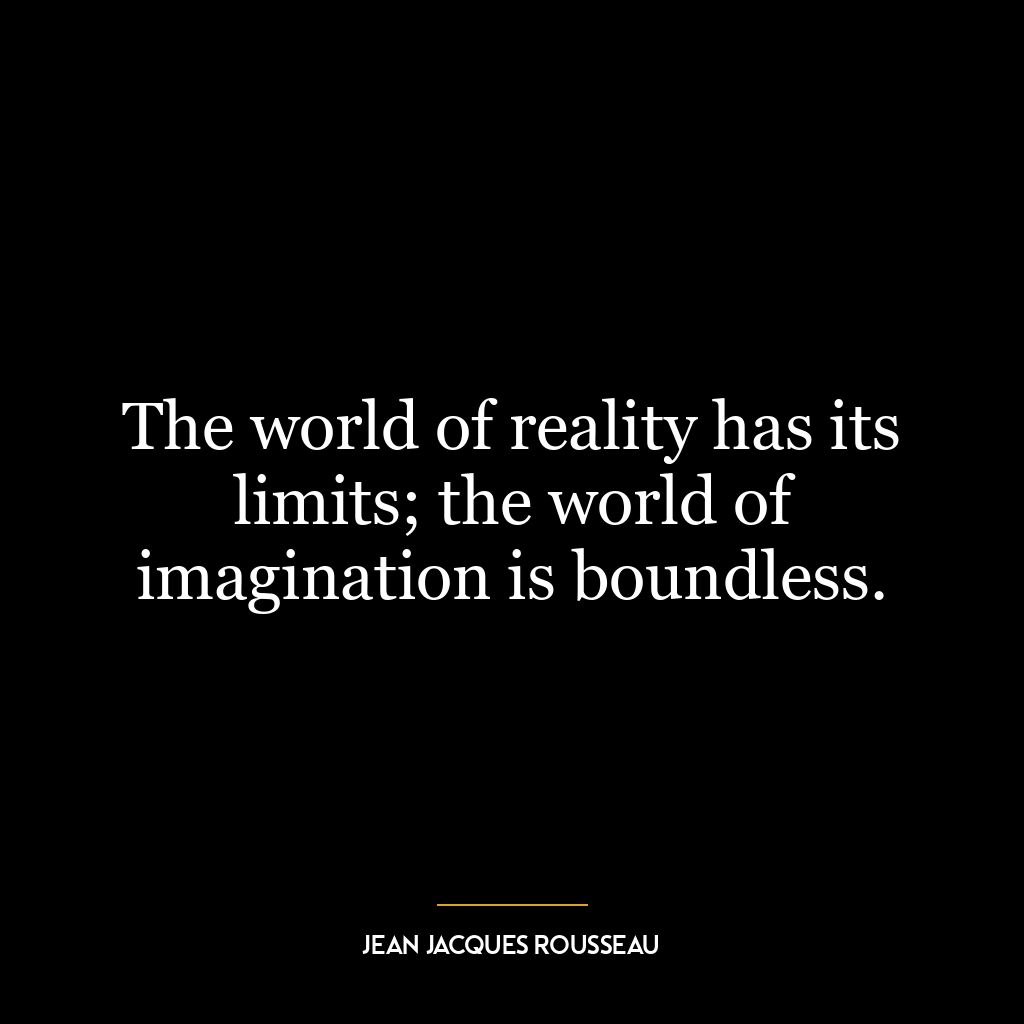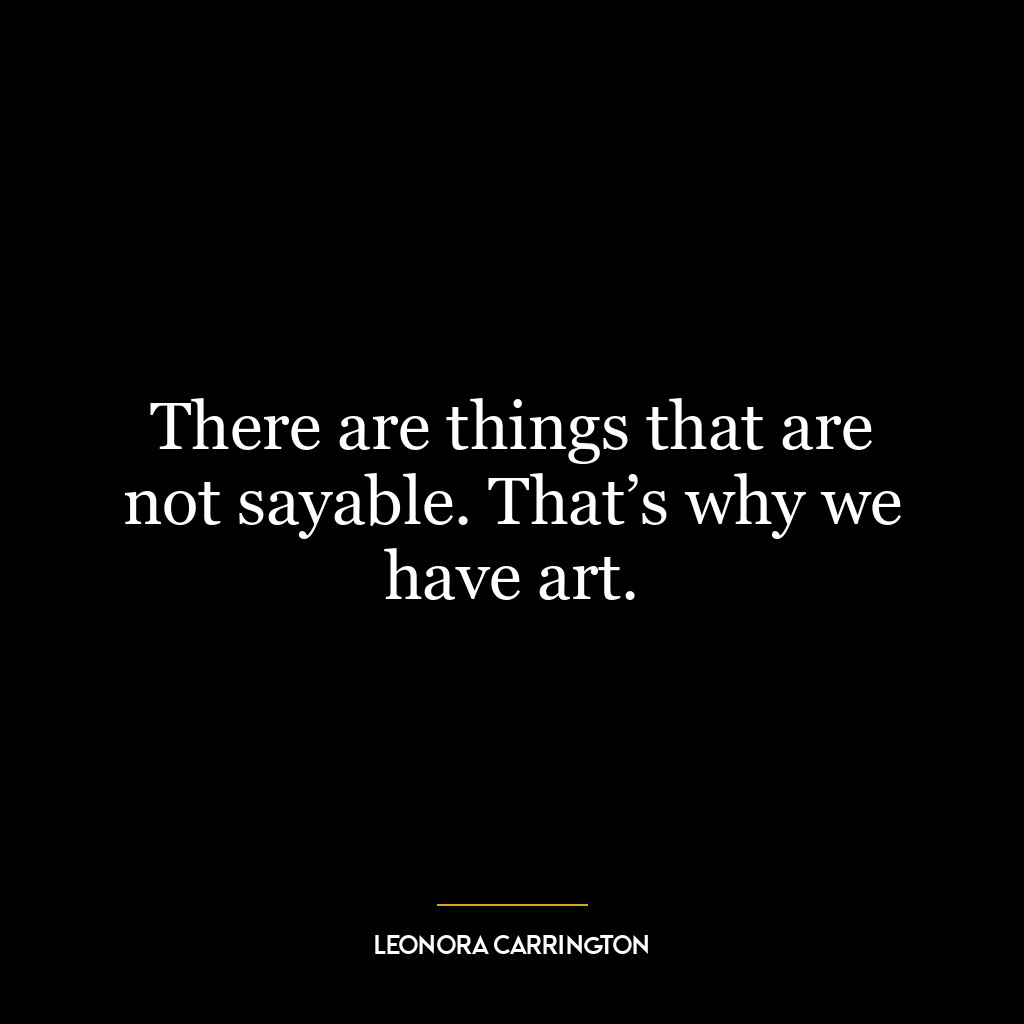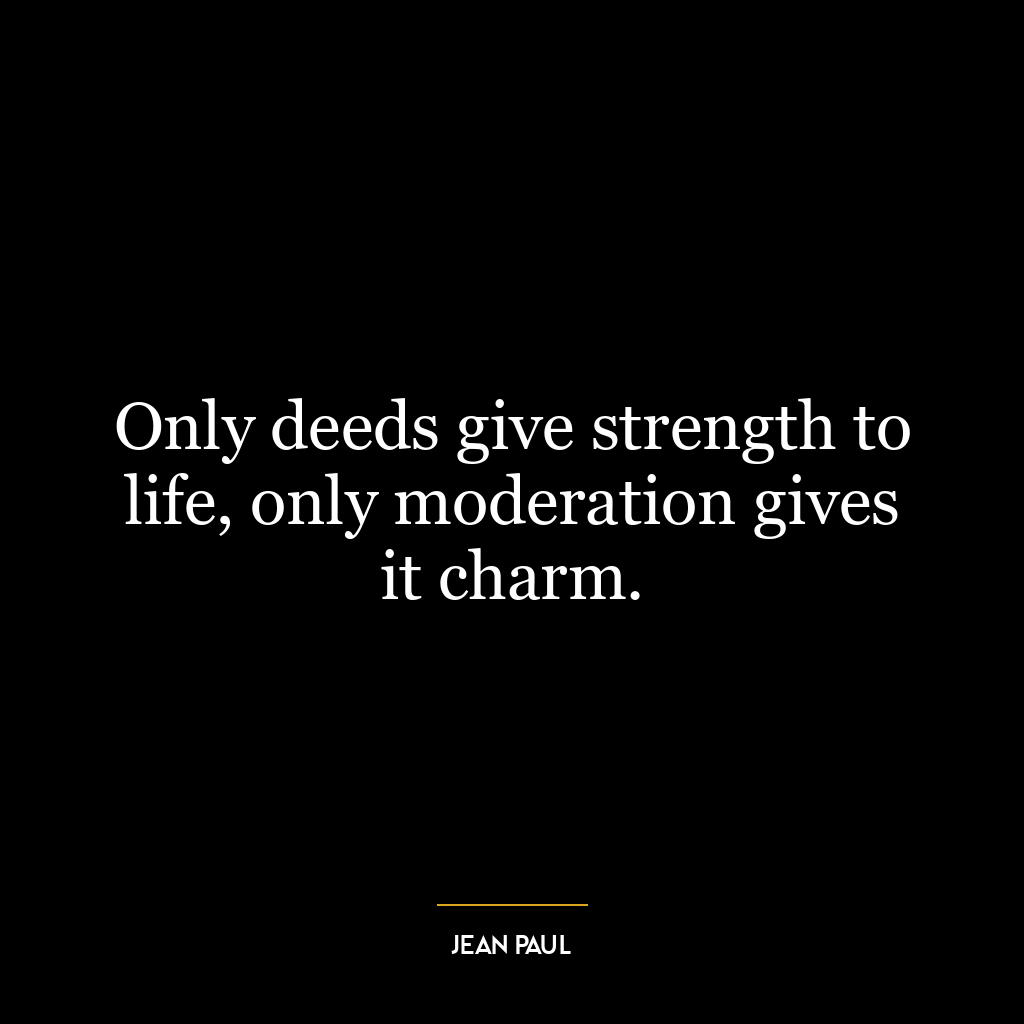I am conscious of my own limitations. That consciousness is my only strength.
This quote by Mahatma Gandhi is a reflection on self-awareness and humility. It suggests that the understanding and acceptance of our own limitations, rather than our achievements or abilities, is what truly empowers us. This consciousness refers to a deep-seated awareness of one’s strengths and weaknesses, capabilities and shortcomings.
Gandhi implies that acknowledging your limitations doesn’t make you weak; instead, it becomes your strength because it enables you to understand where you need to grow or change. This perspective encourages personal growth by promoting honesty with oneself. The idea here is not about focusing on failures but rather recognizing areas for improvement.
In the context of today’s world or personal development, this quote can be seen as advocating for continuous learning and growth mindset. In an era where success is often measured in terms of wealth or status, Gandhi’s words remind us that true strength lies in self-awareness.
For instance, in professional life, being aware of your limitations could mean acknowledging that you’re not good at everything – which can lead to delegating tasks effectively or seeking help when needed instead of struggling alone. Similarly in personal relationships, understanding one’s limits can foster better communication and mutual respect.
Moreover, this consciousness could also be crucial for emotional intelligence – the ability to recognize and manage our emotions as well as empathize with others’. By being conscious of our own limitations – whether they are emotional triggers or biases – we become better equipped to navigate interpersonal relationships.
In essence then: knowing your limits isn’t about settling but about identifying areas for improvement; it’s not about weakness but wisdom; it’s not a barrier but a bridge towards becoming better versions of ourselves.








